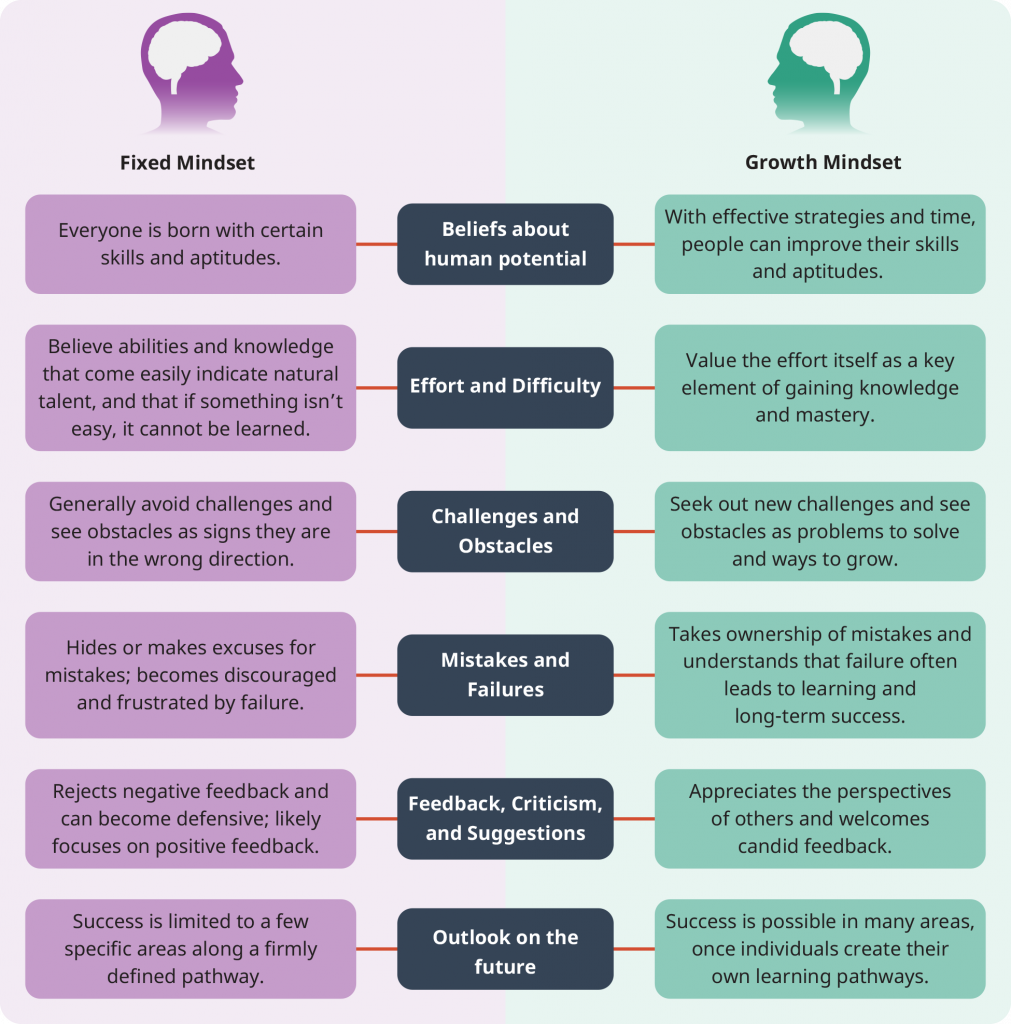Beginnings
Kristen Lovric and Tyler Cawthray

Introduction
Who are you and why have you decided to go to university? Starting this chapter with you, the student, seems to make perfect sense. You are probably full of emotions as you begin this journey towards a degree and the fulfilment of a dream. Are you excited about meeting new people and finally getting to take subjects that interest you? Are you nervous about how you are going to handle your courses and all the other activities that come along with being a university student? Are you thrilled to be making important decisions about your future? All of these thoughts, even if contradictory at times, are normal and you may be experiencing several of them at the same time.
The decision to go to university is a choice that students make. You have made a choice to commit several years of hard work to earn a degree. In some cases, you may have worked long and hard to get here by getting good grades in high school. You may have even set yourself up financially and be earning money to pay for textbooks and other expenses. Now that you are enrolled in university, you have a clearer path to achieving your goals!
Why university?
Once you have explored the “who,” it may be worth reviewing the “why” for enrolling in university and what we know about the value of a university degree. University graduates are more likely to experience the following:
- greater job satisfaction
- better job stability
- improved health and wellness
- better outcomes for the next generation
- greater earning potential over time
University also provides an opportunity to develop much needed soft skills. The National Association of Colleges and Employers (2019) in the United States has identified eight career-readiness competencies that university students develop:
- critical thinking/problem solving
- oral/written communication
- teamwork/collaboration
- digital technology
- leadership
- professionalism/work ethic
- career management
- global/intercultural fluency
There are few occasions that will provide you the opportunity to develop all of these skills in a low-stakes environment (i.e., without the fear of being fired!). You will learn all of this and more in your courses. It seems like a great opportunity, doesn’t it? If you find yourself asking the question “What does this course have to do with my major?” challenge yourself to look for connections between the content and your larger educational, career, and life goals.
Growth Mindset
The way you think about your university experiences can affect your journey and your success. Psychologist, Dr Carol Dweck (2016, p. 2) and her colleagues developed a model showing two contrasting approaches to thinking – a fixed mindset and a growth mindset. Someone with a fixed mindset views abilities as something they either possess or do not. It cannot be changed. In contrast, someone with a growth mindset sees abilities as something that can be learnt and developed (see Figure 1.2).

Adopting a growth mindset can assist you to overcome challenges, and grow in knowledge and ability as you set out on your new university journey. As strange as it may seem, research into fixed versus growth mindsets has shown that if you believe you can learn something new, you greatly improve your ability to learn (Dweck & Leggett, 1988). At first, this may seem like the sort of feel-good advice we often encounter in social media posts or quotes that are intended to inspire or motivate us (e.g., believe in yourself!). However, in looking at the differences outlined in Figure 1.2 between a fixed (i.e., performance-goal-oriented student) and a growth mindset (i.e., learning-goal-oriented student), you can see how each part of the growth mindset path would increase your probability of success when it came to learning.
Something you may have noticed is that a growth mindset would tend to give a learner grit and persistence. If you had learning as your major goal, you would normally keep trying to attain that goal even if it took you multiple attempts. Not only that, but if you learnt a little bit more with each try you would see each attempt as a success, even if you had not achieved complete mastery of whatever it was you were working to learn. With that in mind, it should come as no surprise that Dr. Dweck found that those people who believed their abilities could change through learning (growth versus a fixed mindset) readily accepted learning challenges and persisted despite early failures (2016, pp. 2-5).
Doing this Together
Having a helpful mindset is one way you can put yourself on the pathway to academic success. Another powerful tool is to connect yourself with your fellow university students, academic and professional staff to make your journey together. If there is anything that you would like some assistance with when studying at university, talk to someone and let them know what you need. The secret about university success that not many people know is that successful students seek help. They use resources and they do that as often as necessary to get what they need. Your tutors and lecturers will expect the same from you, and your university will have all kinds of offices, staff, and programs that are designed to help.
These are called “help-seeking behaviours,” and along with self-advocacy, which is speaking up for your needs, they are essential to your success. As you get more comfortable adjusting to life in university, you will find that asking for help is easier. In fact, you may become really good at it by the time you graduate, just in time for you to ask for help finding a job! Review Table 1.1 for a few examples of times you may ask for extra support. See if you can identify where at your university you can find the same or a similar resource.
Table 1.1 Challenges, university resources, and potential outcomes
[table “7” not found /]
Conclusion
In conclusion, knowing who are you and why have you decided to go to university is an important first step to appreciating the magnitude of the choice you have now made to achieve your goals. This is exciting because a university degree is highly valuable and university graduates are more likely to experience greater job satisfaction, job stability, health and wellness, outcomes for the next generation, and earning potential over time. Starting to study at university will open the door to fantastic opportunities to develop your knowledge and skills and will test your mindset to overcome challenges. The best part is that you will be doing this together with your fellow students, academic and professional staff. This book will also provide you with assistance as you make the transition across the great divide − from high school, work, home or wherever you were at in life − to university student. Welcome aboard!
Key points
- The decision to go to university is a choice that students make to achieve their goals.
- University graduates are more likely to experience greater job satisfaction, better job stability, improved health and wellness, better outcomes for the next generation, and greater earning potential over time.
- Adopting a growth mindset can assist you to overcome challenges and grow in knowledge and ability as you set out on your new university journey.
- You will be doing this together with your fellow students, academic and professional staff.
References
Dweck, C.S. (2016). What Having a “Growth Mindset” Actually Means. Harvard Business Review. Retrieved from https://hbr.org/2016/01/what-having-a-growth-mindset-actually-means
Dweck, C. S., & Leggett, E. L. (1988). A social-cognitive approach to motivation and personality. Psychological Review, 95(2), 256–273. doi: 10.1037/0033-295X.95.2.256
National Association of Colleges and Employers. (2019). Career readiness defined. Retrieved from www.naceweb.org/careerreadiness/competencies/

